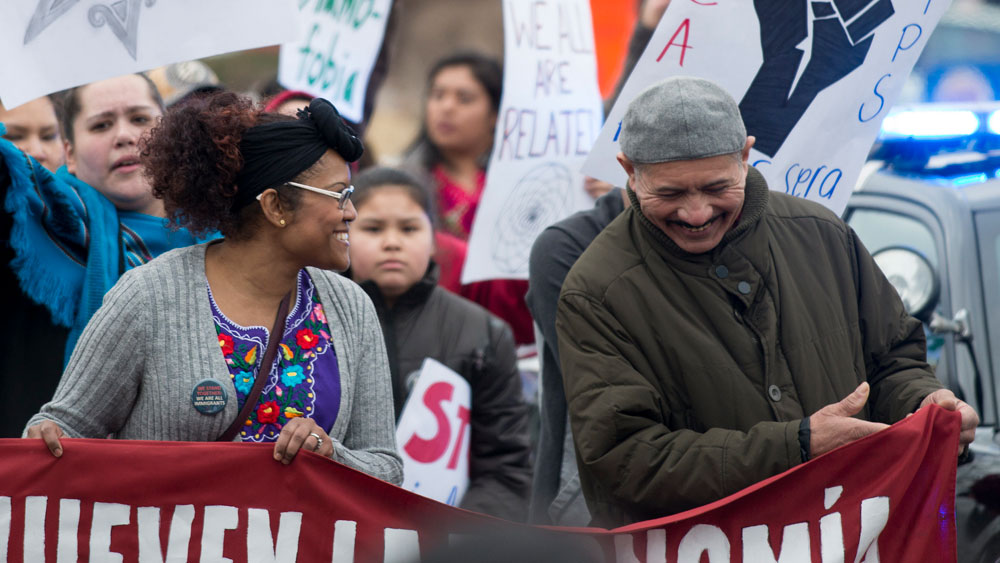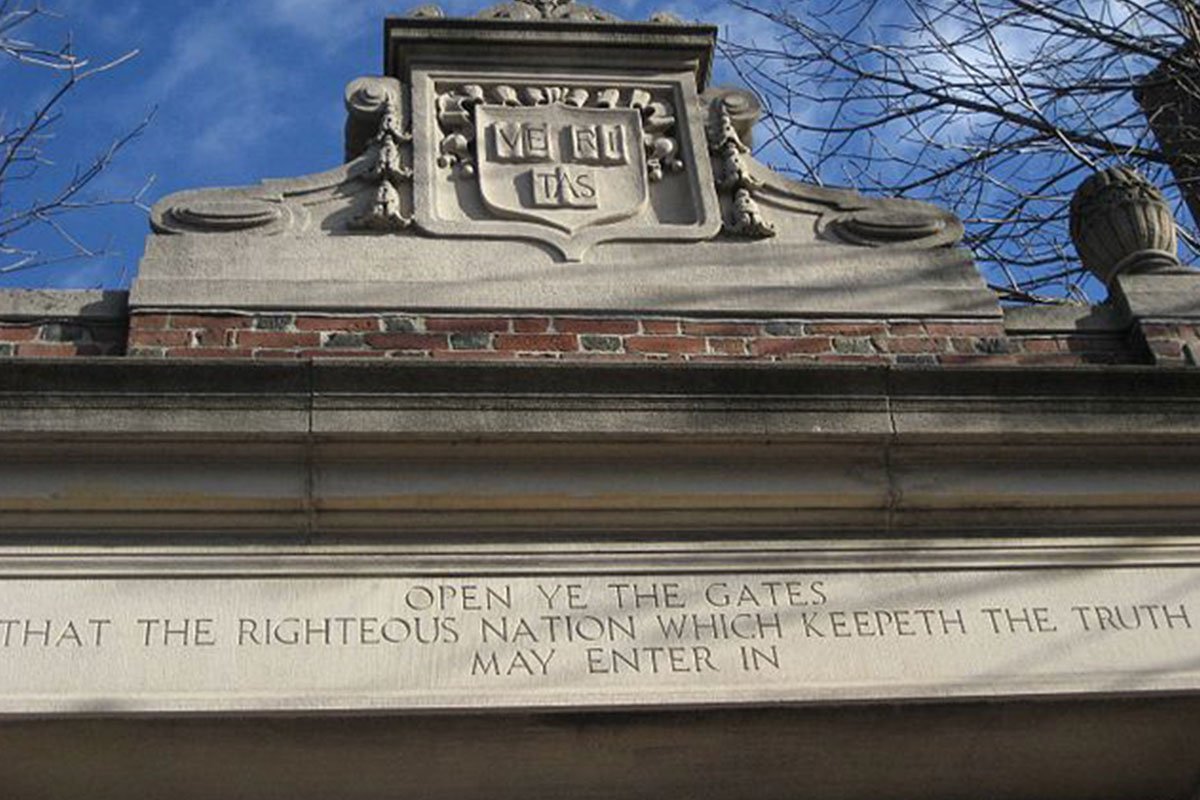
October 15, 2019; HealthLeaders
A survey of 1,362 community health centers across the United States shows that increasing numbers of immigrant patients are eschewing Medicaid, likely due to fears about the threat of expanded public charge requirements.
The Kaiser Family Foundation survey found that just under half of community health centers said “many” or “some” immigrant patients didn’t sign up for in Medicaid in the past year; 32 percent of said patients dropped their coverage or did not renew. Additionally, 28 percent of the CHCs report declines among adult patients who are immigrants—even among pregnant women and those with chronic illnesses—and 22 percent reported reductions in healthcare use among children of immigrant families.
Sign up for our free newsletters
Subscribe to NPQ's newsletters to have our top stories delivered directly to your inbox.
By signing up, you agree to our privacy policy and terms of use, and to receive messages from NPQ and our partners.
While federal judges in California, New York, and Washington state issued temporary injunctions against the policy shift last Friday, the halt is not permanent, and the damage, as with the debate about the citizenship question on the 2020 census, may already have been done, in the form of creating a climate of fear around accessing benefits.
Creating barriers to health care, justified by the White House as “protect[ing] American taxpayers, preserv[ing] our social safety net for vulnerable Americans, and uphold[ing] the rule of law,” affects entire communities, immigrant and non-immigrant in increasing public health risks. In an analysis published in August, Bruce Siegel, MD, president and CEO of America’s Essential Hospitals, commented that the threat of the expanded rule “worsens the chilling effect that threatens the health of millions of people by making it more likely they forgo care for themselves and their families to avoid putting their legal immigration status at risk.”
“This rule also threatens the stability of essential hospitals, which will sustain higher uncompensated costs as immigrants put off care and seek treatment later, only as a last resort, when they’re sicker and more costly to treat,” Siegel said. “In turn, this will drive higher costs for taxpayers and the entire health care system.”—Ruth McCambridge











